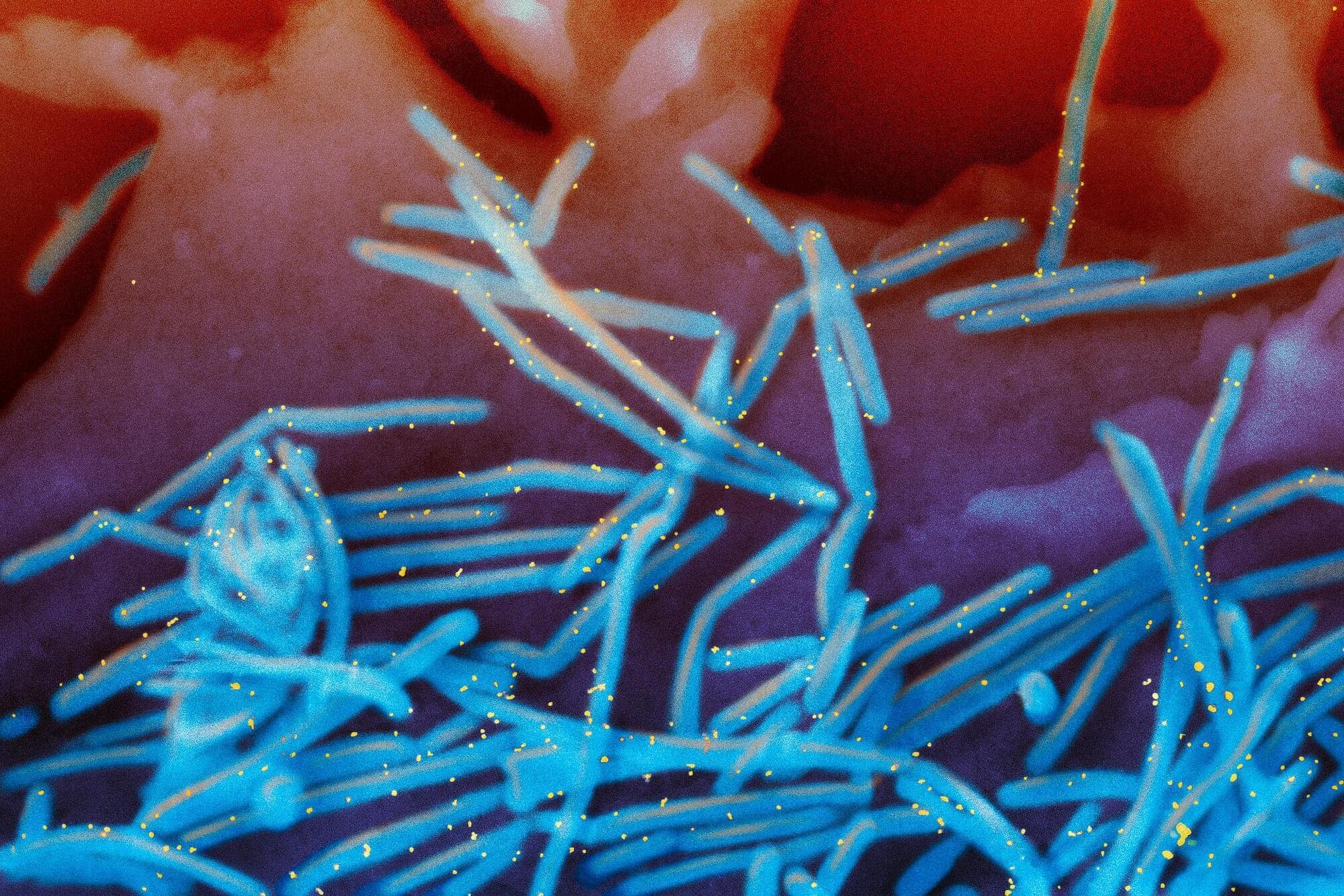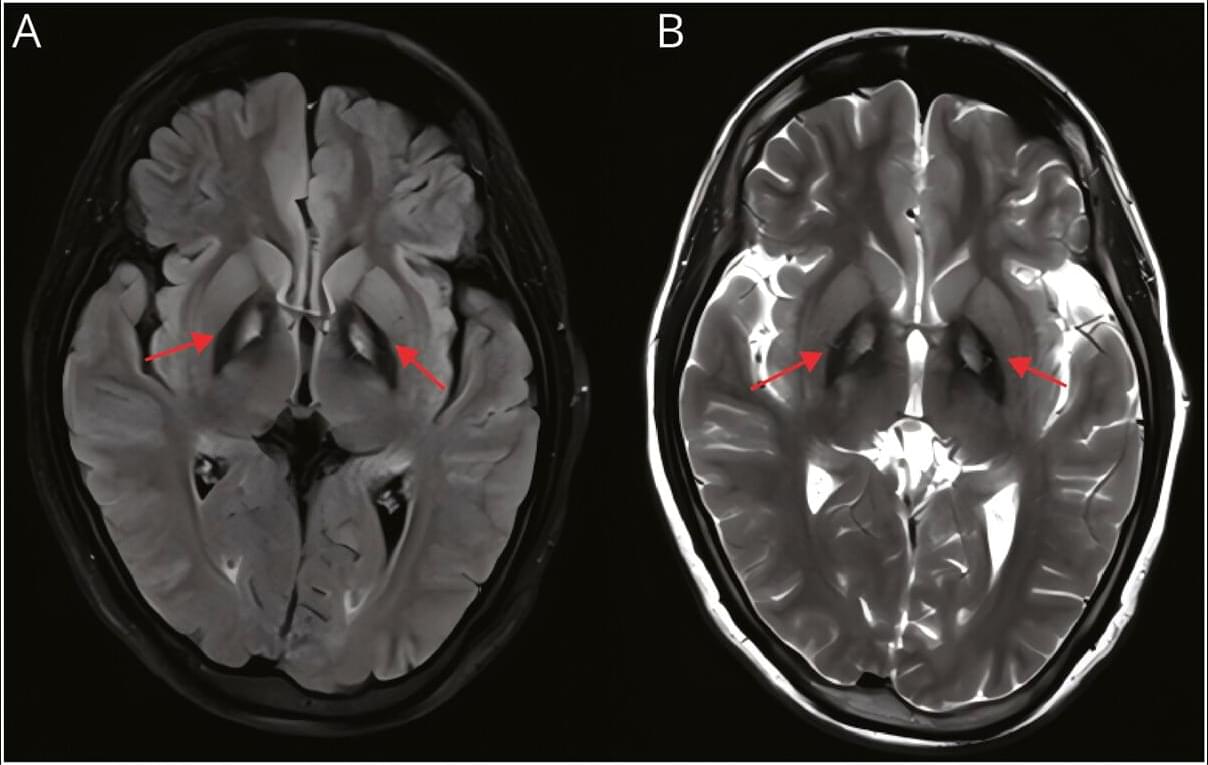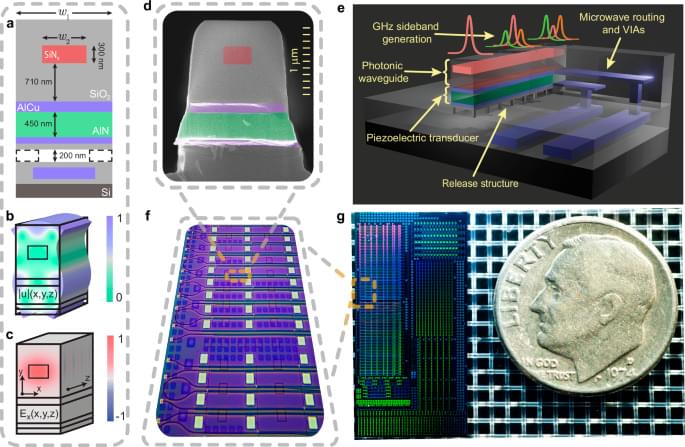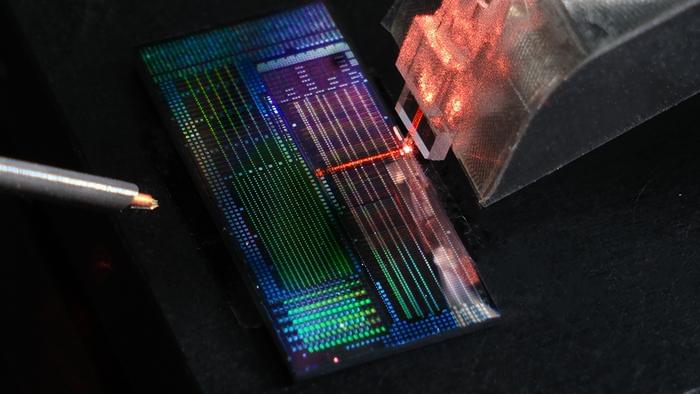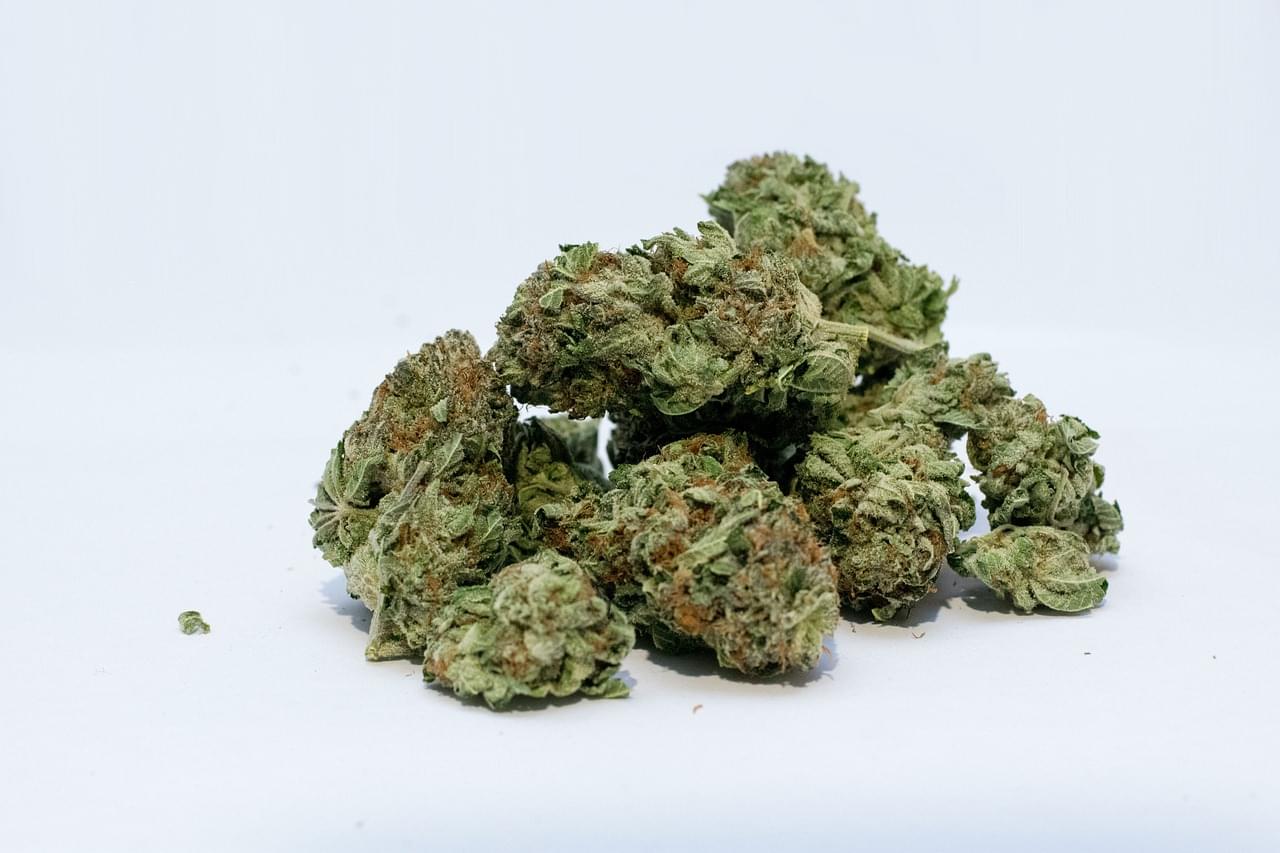It may feel like you are surrounded by sniffles and coughs, but flu season activity is still low in many parts of the U.S.
New government data posted Friday shows that as of last week, flu activity was high in four states—Colorado, Louisiana, New Jersey and New York—and minimal or low in most others. Severity indicators are increasing but are still within the boundaries of a “mild” season, said officials at the U.S. Centers for Disease Control and Prevention.
A number of diseases tend to peak in the winter, thanks to indoor gatherings that help germs spread. The list includes not only colds and flu but also norovirus—a highly infectious cause of vomiting and diarrhea. Norovirus cases have generally been trending up in the last month.
